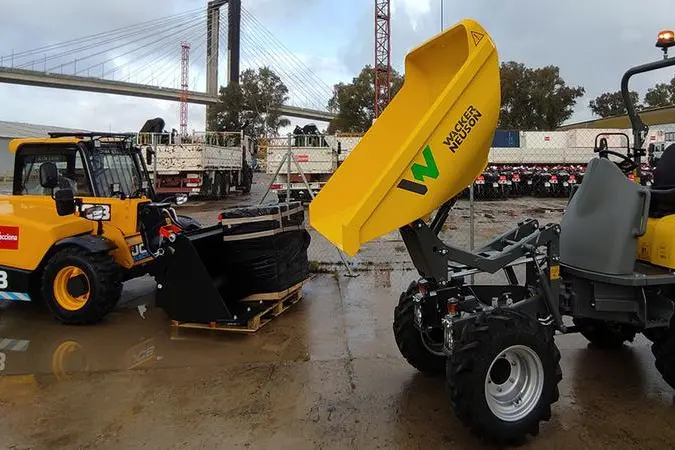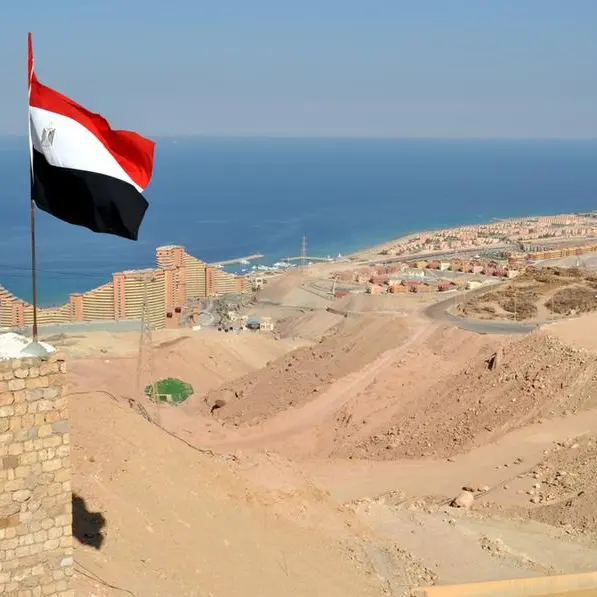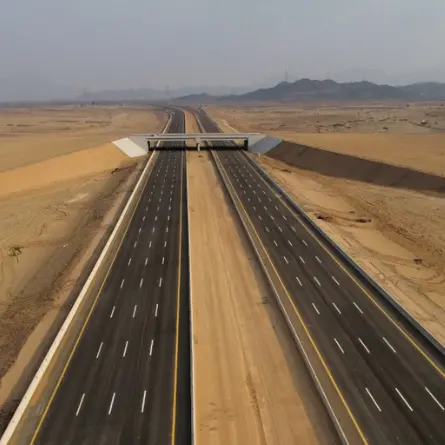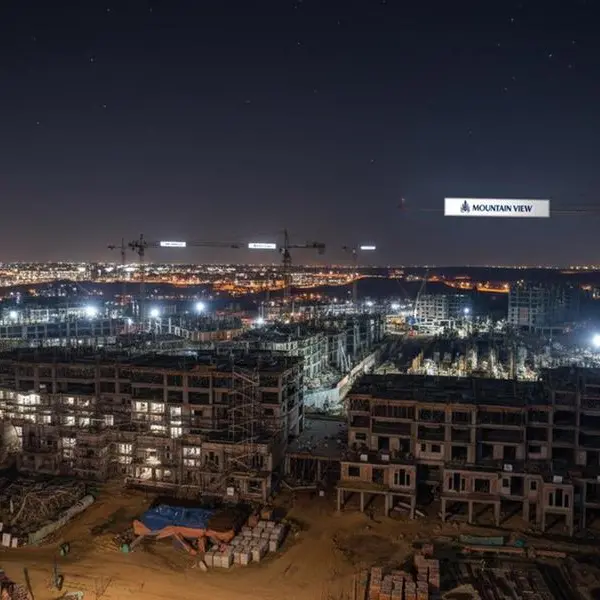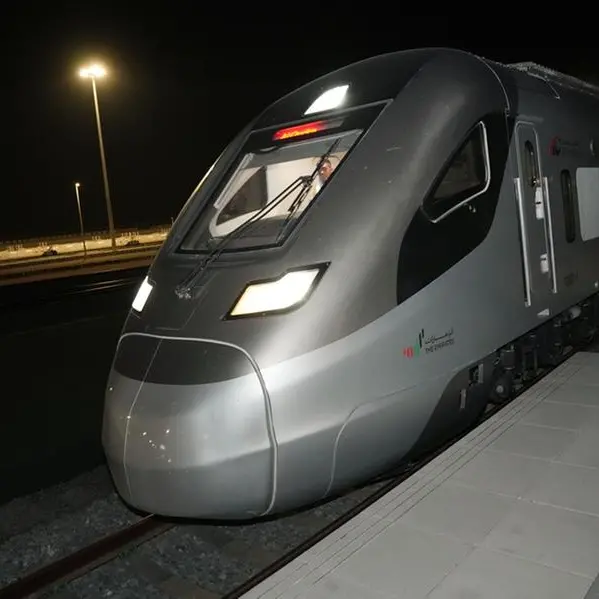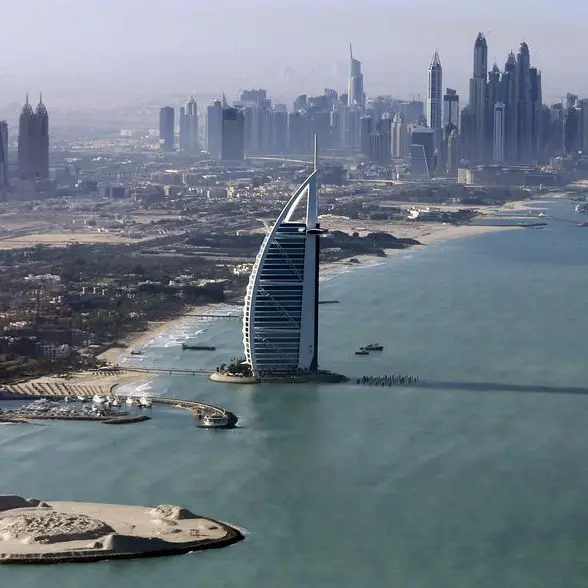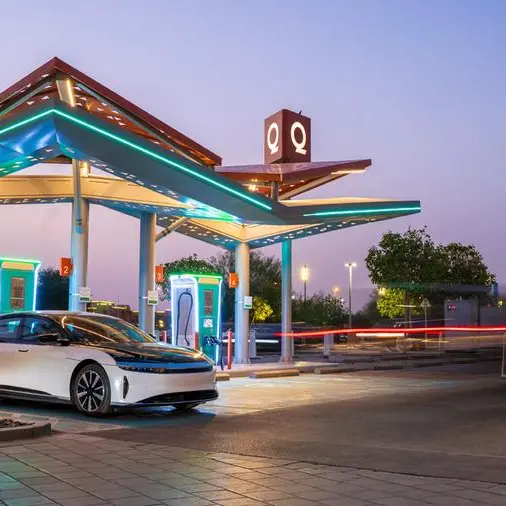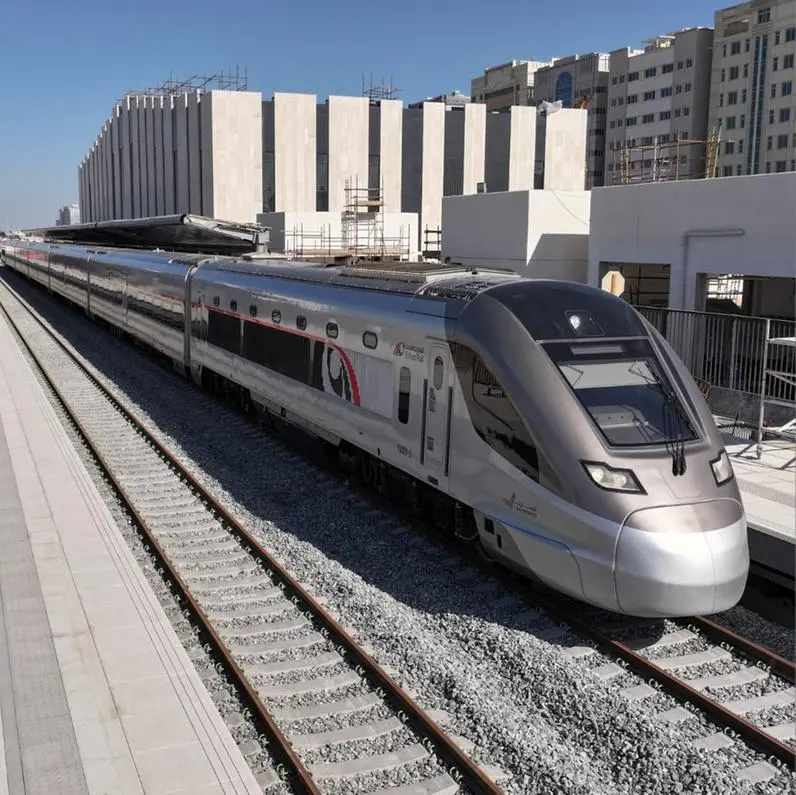PHOTO
Many countries in the Middle East have started adopting sustainability measures and green building practices for carbon emission mitigation, ranging from using renewable energy sources and energy-efficient building designs to waste management strategies and incorporating sustainable materials.
"With the growing awareness of the environmental impact of construction emissions, countries in the Middle East have started implementing measures and adopting practices to mitigate emissions," observed Jesus Sancho, Managing Director, ACCIONA ME, the regional arm of Spanish utility and infrastructure company ACCIONA.
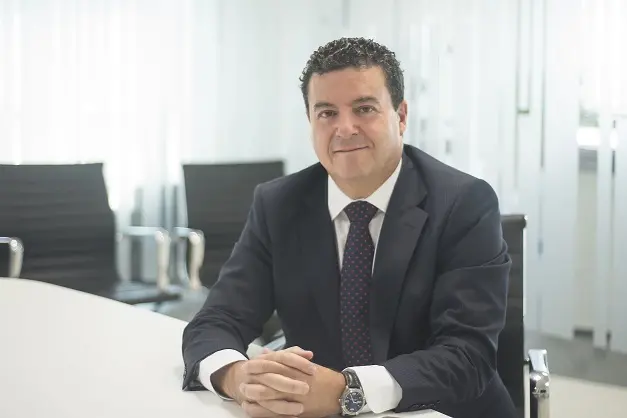

Sancho, whose company has a strong presence in infrastructure, construction and engineering in Saudi Arabia, Kuwait, Qatar and the UAE, noted, however, that the level of ambition and progress on emission reduction initiatives vary among countries in the Middle East."
ACCIONA uses electricity-powered machinery, locally sourced raw materials and renewable energy as part of its emission reduction endeavour in the region.
Additionally, the company is developing and implementing digital tools, including drones, laser-guided tunnel boring machines, machinery and vehicle control optimisation, digital twins and centralised operations at all its construction sites.
Also, it uses sustainable construction materials, which are part of the company's 2025 Sustainability Master Plan that mandates the implementation of a 'zero carbon' model in its corporate purchasing policy.
Policy alignment and initiatives
Referring to the launch of the Global Alliance for Building and Construction (GlobalABC) for the promotion of sustainable building and construction activities worldwide by the United Nations Environment Programme (UNEP), Sancho pointed out that countries in the region are "updating their policies and strategies to align with international climate goals."
The UAE Energy Strategy 2050 implementation and the country's commitment to Net Zero by 2050 and Saudi Arabia's ambitious renewable energy and Net Zero 2060 targets illustrate the region's integration into the global drive for adopting policies and regulations to address carbon emissions.
In alignment with climate goals, the UAE has launched several renewable energy projects, including the Mohammed bin Rashid Al Maktoum Solar Park, among the largest solar parks in the world, in which ACCIONA, as part of the EPC (Engineering, Procurement and Construction) consortium, is helping prevent atmospheric CO2 emissions of 1.4 million tonnes annually.
According to a recent report by KPMG (Embodied carbon management for global infrastructure, issued in March 2023), cement typically emits 95-97 percent of total emissions from concreting works. Even a marginal reduction in cement content or adopting green cement can result in a substantial reduction in total emissions. By that measure, ACCIONA's use of green cement and recycled steel in its projects represents a notable step in emission reduction.
Another example is the Dubai Metro Route 2020, which incorporated many initiatives in energy efficiency and environmental impact reduction, including using optimised cooling systems, installing solar panels for energy and insulating material for external walls and roof claddings. These measures obtained LEED Gold certification for the metro seven stations of Route 2020 and Dubai's Roads and Transport Authority (RTA), the world's highest number of LEED v4 BD+C: NC certified Transit projects.
LEED (Leadership in Energy and Environmental Design) programme of the US Green Buildings Council (USGBC) is the world's most widely used green building rating system. The certification also got ACCIONA ME the 'Best Transport Contractor' recognition from Dubai's Road and Transport Authority of Dubai (RTA).
Saudi Arabia, Sancho noted, is "working on diversifying its energy mix and reducing emissions" and has also "introduced several policies and regulations to improve energy efficiency in building industries aiming to reduce carbon intensity."
Though all governments and local bodies in the region have implemented policies and regulations that include energy efficiency standards, building codes and incentives for adopting sustainable practices, they are not evenly spread, according to Sancho.
"The level of ambition and implementation varied significantly between countries and regions due to differing priorities, resources, and political will," he said.
Green financing
To help implement policies aimed at addressing carbon emissions, capital markets have opened access to green finance with "investors increasingly seeking sustainable investment opportunities in companies that can demonstrate their commitment to environmental, social and governance (ESG) factors," the ACCIONA ME Executive underlined.
"The capital markets' shift towards sustainable investments means that constructions companies with strong sustainability platforms are more like to attract capital at favourable terms," he pointed out, citing, as examples, ACCIONA's projects in the region.
"Last year, ACCIONA closed green loans totalling $480 million for three independent sewage treatment plants (ISTPs) in Saudi Arabia wherein the company structured not only a green loan but also an Islamic financing for the first time in its water projects," said Sancho.
"Access to sustainable investment funds, green bonds and other financing mechanism can support business growth, innovation and expansion into new markets," he maintained.
Worldwide, construction activities are known to be majorly responsible for greenhouse emissions. With the Middle East witnessing intense construction activities following rapid economic growth and urbanisation, governments and civic authorities are increasingly getting cognisant of the need for sustainable construction practices. Stakeholders like ACCIONA are helping them in achieving their sustainable goals, concluded Sancho.
(Reporting by Syed Ameen Kader; Editing by Anoop Menon)
